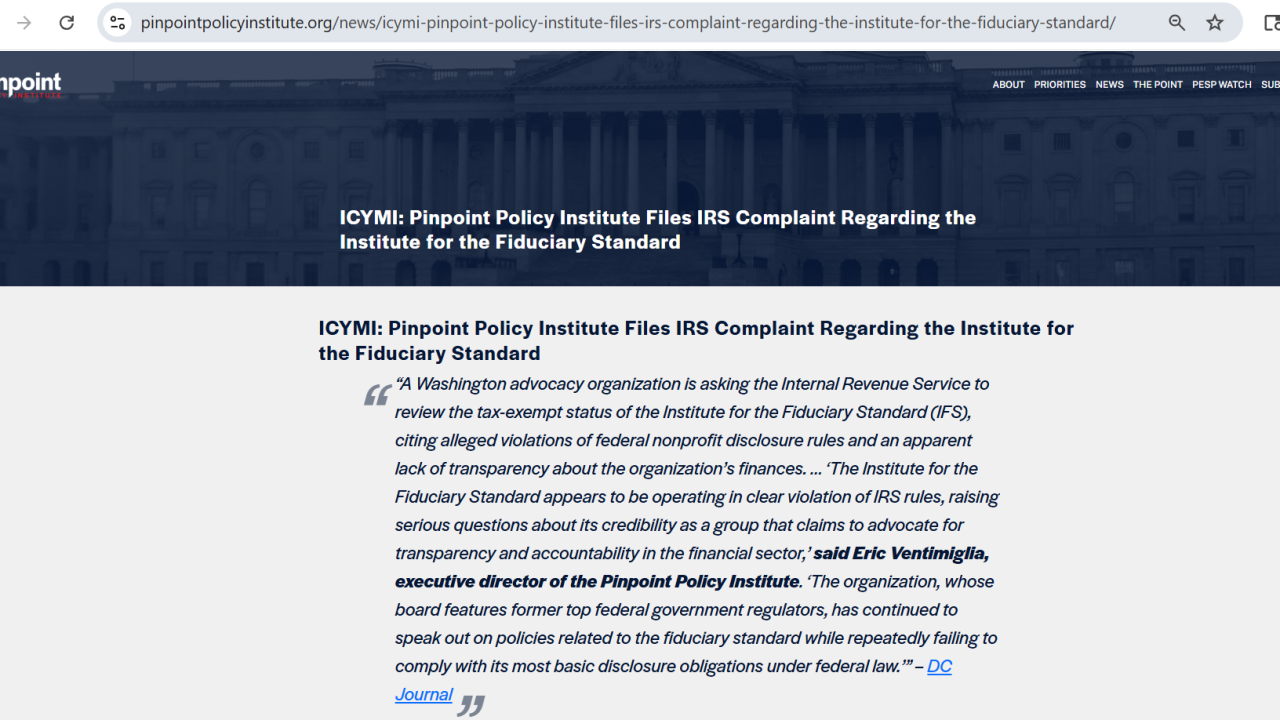Depositors at First Federal Savings and Loan Association of Lakewood have a vision for the Ohio mutual that does not include stock ownership.
The $1.6 billion-asset institutions depositors, in supporting a plan to form a mutual holding company, also backed a significant increase in the percentage of votes needed to approve a stock conversion. They also approved a plan to limit the financial gains directors and senior executives would receive should the mutual converts.
By doing so, First Federal joined Reading Cooperative Bank in Massachusetts in taking a stand for the mutual banking model. Late last year, depositors at the $486 million-asset mutual took similar steps, going as far as barring directors and top executives from owning stock for five years after a conversion.
First Federals position is largely based on a long-term strategy is to keep our independent mutual identity, Thomas Fraser, the mutuals president and chief executive, said in an interview. First Mutual Holding Co., once formed, will have a structure that will put it in better shape to buy smaller institutions, though Fraser said no deals are imminent.
Mutual banks in Ohio do talk regularly, he added.
Mutual holding companies that convert also run the risk of shareholder activism, often with demands that the institution sell itself. As a result, resisting the temptation to convert would benefit institutions that prefer to remain independent.
Regardless, the mutual industry seems poised for more consolidation, industry experts said.
Deals between mutuals are likely to rise as smaller institutions struggle to cope with an increased regulatory burden, said Douglas Faucette, a lawyer who serves as counsel to Americas Mutual Banks, a trade group that represents the mutual industry. Succession planning is also forcing consolidation, he said.
Several deals between mutuals have taken place recently. Earlier this month, First Federal of Bucks County in Buckingham Township, Pa., merged with First Savings Bank of Perkasie, Pa., to create a $1.8 billion-asset depositor-owned bank to be known as Penn Community Bank. Two Illinois mutuals Washington Savings Bank in Effingham and First Federal Savings and Loan Association of Mattoon have also agreed to combine.
While the formation of mutual holding companies played a role in those transactions, there are other reasons for mutuals to reshape their organizational structures. Indeed, the structure seems to be emerging as a one-size-fits-all strategy for depositor-owned companies. David Doedtman, president and chief executive of Washington Savings, said his $260 million-asset company was discussing forming a mutual holding company before it agreed to its merger.
Holding companies can provide mutuals with other benefits that go beyond acquisitions.
Richard Holbrook, chairman, president and chief executive of Eastern Bank in Boston, said his $9.9 billion-asset companys 1988 creation of a holding company was a crucial step in its growth. Eastern had less than $1.3 billion of assets when it formed Eastern Bank.
Having a holding company gave us some different options and more flexibility, said Holbrook, adding that he applauded First Federals vision to continue as a mutual bank for some time.
A pair of mutuals in Maine is also looking to merge and form a holding company, but their plans are aimed at spurring additional organic growth rather than acquisition activity.
Biddeford Savings Bank in Biddeford and Mechanics Savings Bank in Auburn Proxies have mailed proxies to their depositors; voting should be completed in mid-September. Assuming they get the required approvals, Maine Community Bancorp would begin operating in January, said Charles Peterson, the $400 million-asset Biddefords president and chief executive.
Were hewing to our schedule and continue to move along our original timetable, Peterson said. Were watching the mail expectantly as the proxies come back.
Mechanics and Biddeford would keep their own charters. For them, the major motivation behind forming a mutual holding company is a desire to cut costs. A holding company would allow the mutuals to reduce spending on backroom operations and vendor contracts, Peterson said.
Over the long run, well be able to build our capital base more quickly, Peterson said. Without a holding company, wed be a bit hamstrung in our ability to grow.
Citizens Building and Loan in Greer, S.C.,
John Reosti is a reporter covering community bank at American Banker.
Read more:





